- Kitchen Linens
- Handloom Striped Placemat Set
Handloom Striped Placemat Set

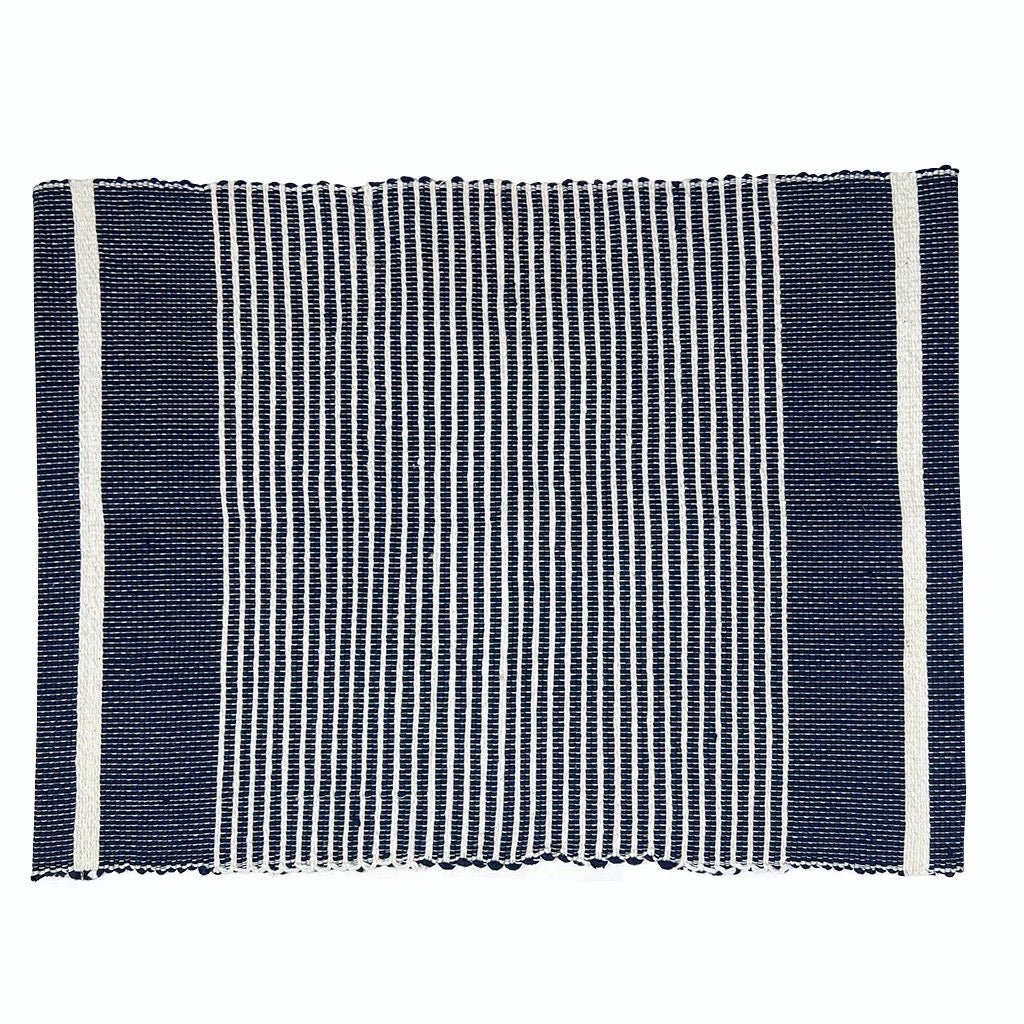

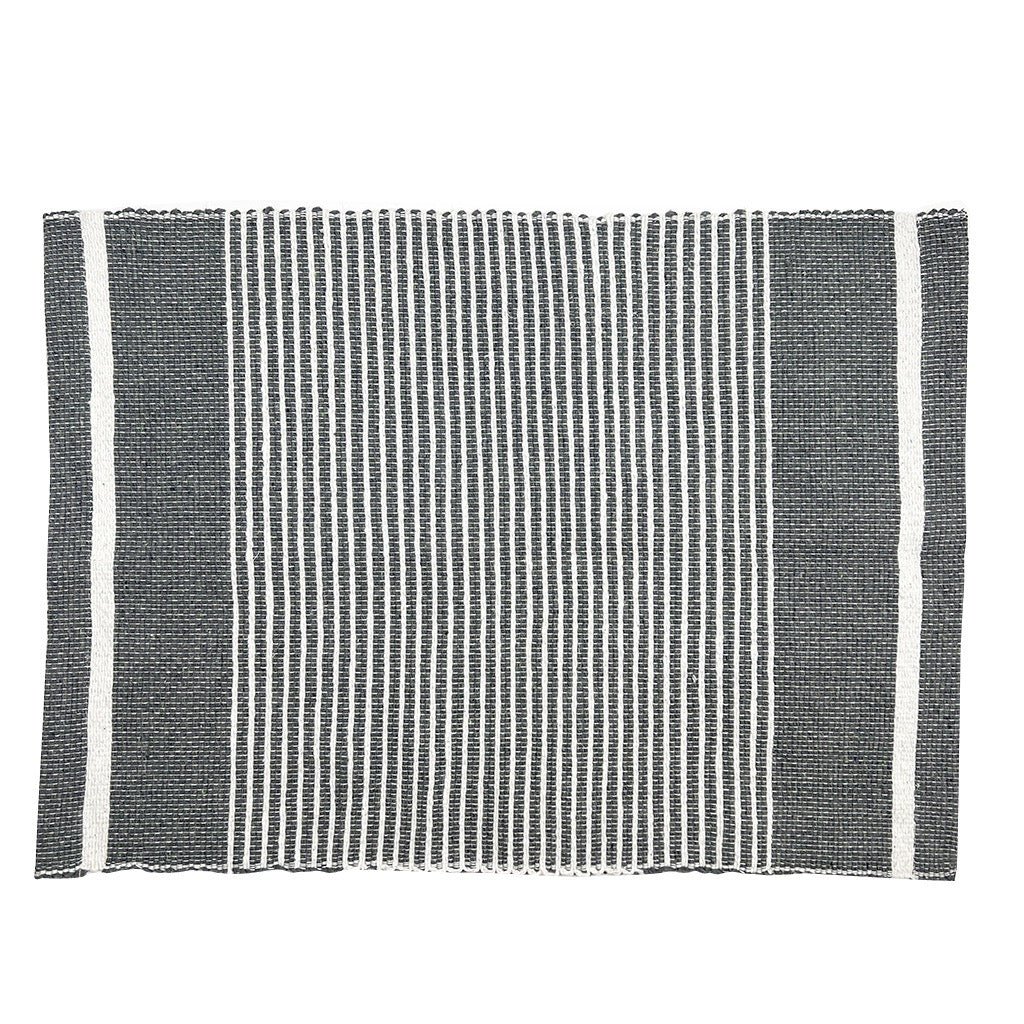
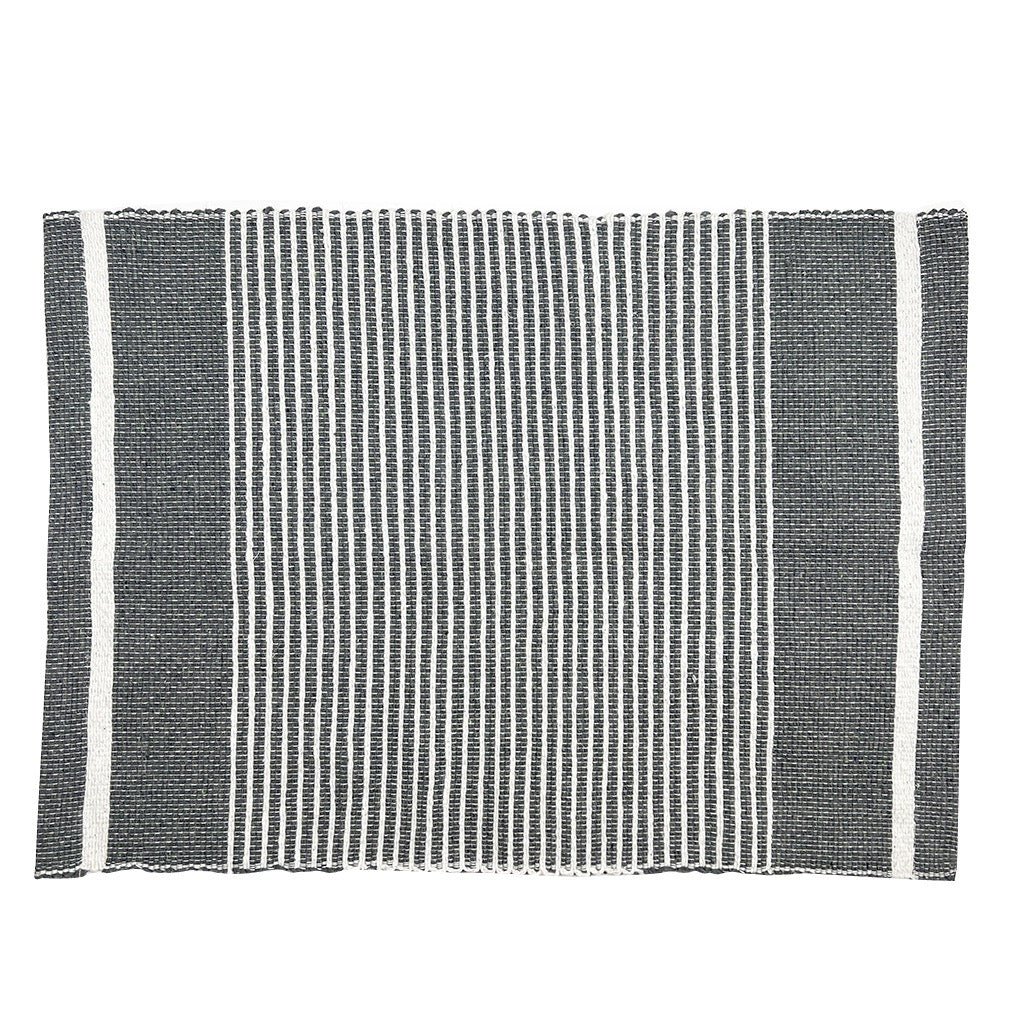
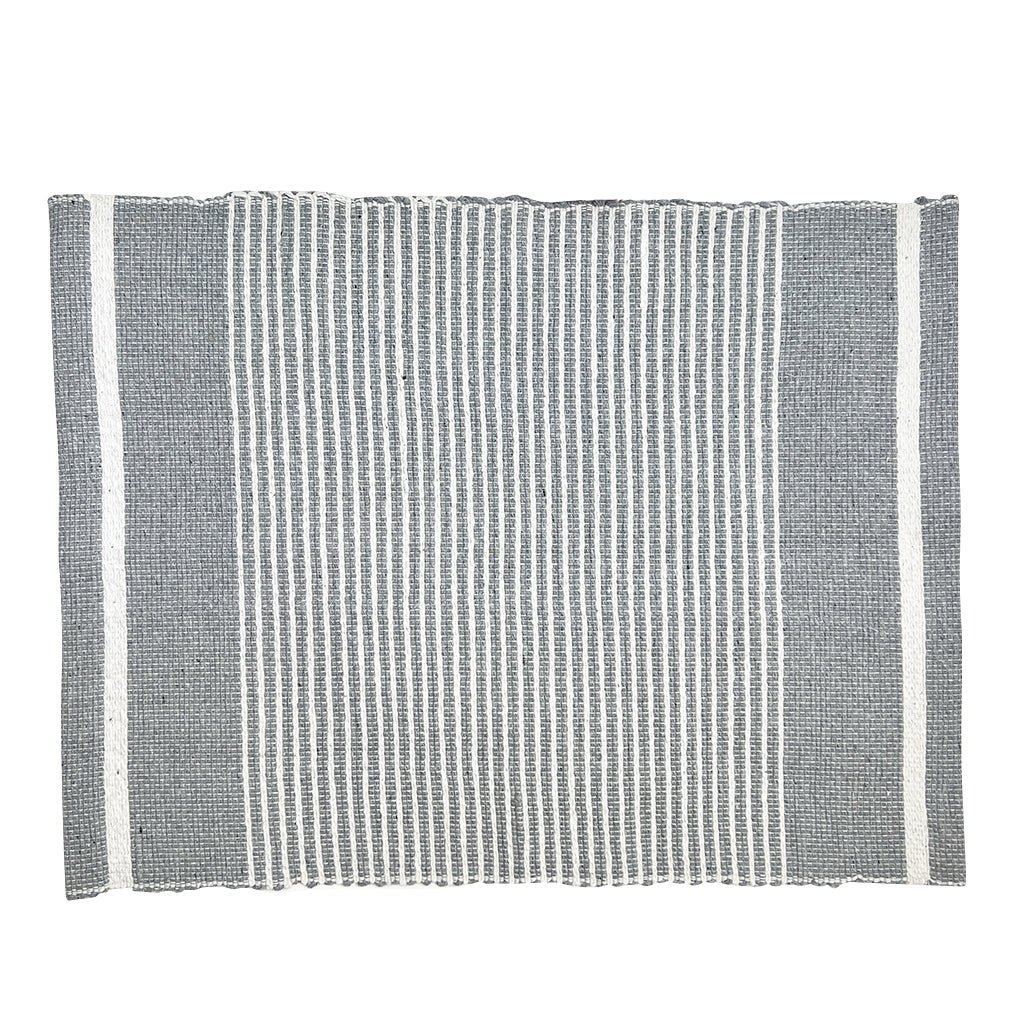
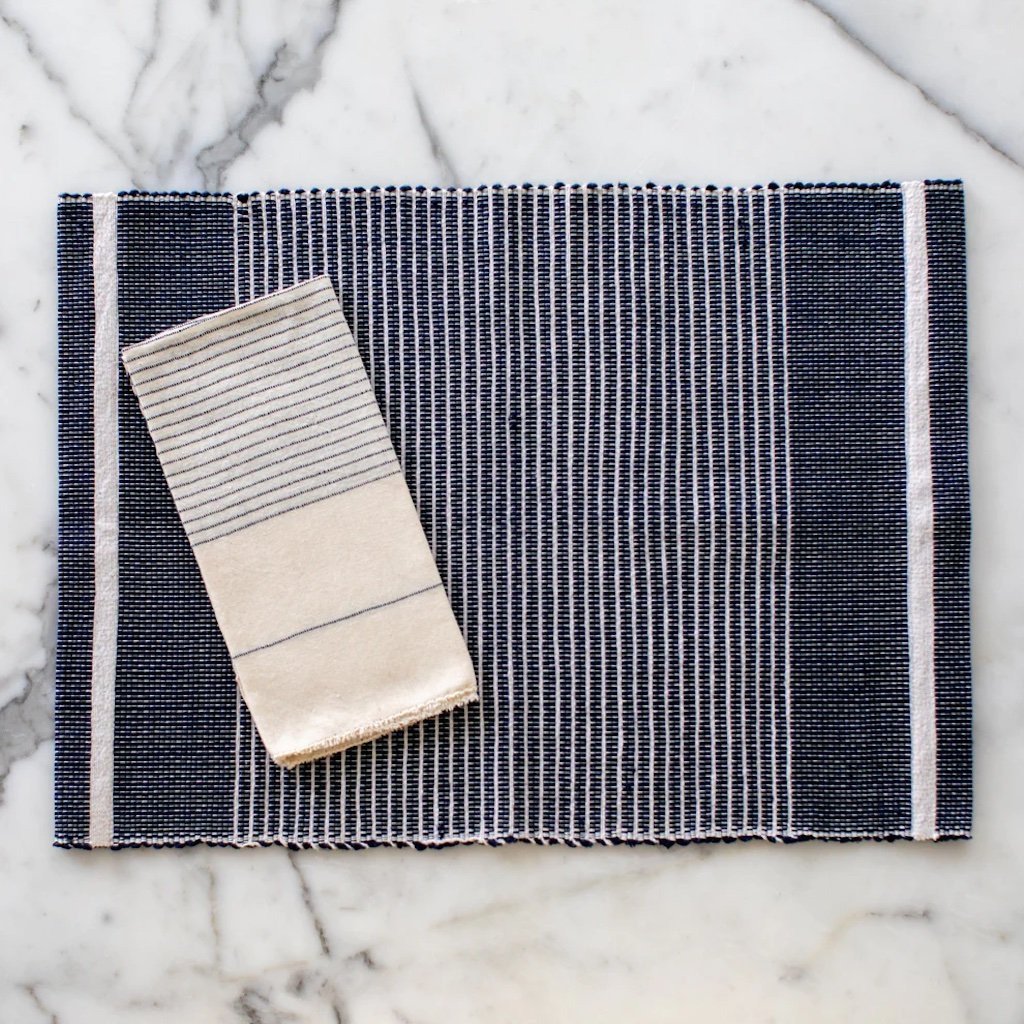
Handloom Striped Placemat Set
Add a touch of Ethiopian heritage to your home and create memorable dining experiences with these one-of-a-kind placemats. With their vibrant colors and cultural significance, they make a statement while supporting artisan weavers. The artisans' expert craftsmanship is evident in the intricate stripe pattern and meticulous attention to detail, resulting in a truly unique and eye-catching design.
Material: 100% Cotton dyed using low-impact, AZO-free, REACH certified reactive dyes.
Measurements: L 20.5" x W 15"
Set of 2
Handmade with love in Ethiopia
Care: Machine wash in cold water. Tumble dry. Warm iron.
As with all handwoven textiles, there are slight variations making each piece a work of art and truly one-of-a-kind.
Artisan Profile
The Addis Ababa group strives to create respectful, ethical and sustainable work opportunities for artisans in Ethiopia and showcase the talents of their weavers to the world. Inspired by the ancient weaving traditions of Ethiopia, they create exquisite textiles using natural fibers. The beauty of handspun thread is a rare commodity in our quickly changing world of mechanized textile factories.
From the spinning of the thread to the weaving of the fabric, the process is done entirely by hand. The skill of hand spinning is passed down from mother to daughter and most rural women spin at their homes for extra income. Honoring this tradition, they purchase hand spun cotton thread from a network of women throughout the community. As most spinning is done during free time, it is a way to support women with supplemental income.
Hand weaving has been a way of life for centuries in Ethiopia. Even today, almost all of the traditional Ethiopian clothing is made on hand looms. The art of weaving is passed down from father to son, thus almost all weavers in Ethiopia are men. The techniques have not changed much for centuries, but the patterns, colors and designs have become increasingly sophisticated. A weaver can produce one to three scarves in a day depending on the level of detail of the design.
Add a touch of Ethiopian heritage to your home and create memorable dining experiences with these one-of-a-kind placemats. With their vibrant colors and cultural significance, they make a statement while supporting artisan weavers. The artisans' expert craftsmanship is evident in the intricate stripe pattern and meticulous attention to detail, resulting in a truly unique and eye-catching design.
Material: 100% Cotton dyed using low-impact, AZO-free, REACH certified reactive dyes.
Measurements: L 20.5" x W 15"
Set of 2
Handmade with love in Ethiopia
Care: Machine wash in cold water. Tumble dry. Warm iron.
As with all handwoven textiles, there are slight variations making each piece a work of art and truly one-of-a-kind.
Artisan Profile
The Addis Ababa group strives to create respectful, ethical and sustainable work opportunities for artisans in Ethiopia and showcase the talents of their weavers to the world. Inspired by the ancient weaving traditions of Ethiopia, they create exquisite textiles using natural fibers. The beauty of handspun thread is a rare commodity in our quickly changing world of mechanized textile factories.
From the spinning of the thread to the weaving of the fabric, the process is done entirely by hand. The skill of hand spinning is passed down from mother to daughter and most rural women spin at their homes for extra income. Honoring this tradition, they purchase hand spun cotton thread from a network of women throughout the community. As most spinning is done during free time, it is a way to support women with supplemental income.
Hand weaving has been a way of life for centuries in Ethiopia. Even today, almost all of the traditional Ethiopian clothing is made on hand looms. The art of weaving is passed down from father to son, thus almost all weavers in Ethiopia are men. The techniques have not changed much for centuries, but the patterns, colors and designs have become increasingly sophisticated. A weaver can produce one to three scarves in a day depending on the level of detail of the design.
